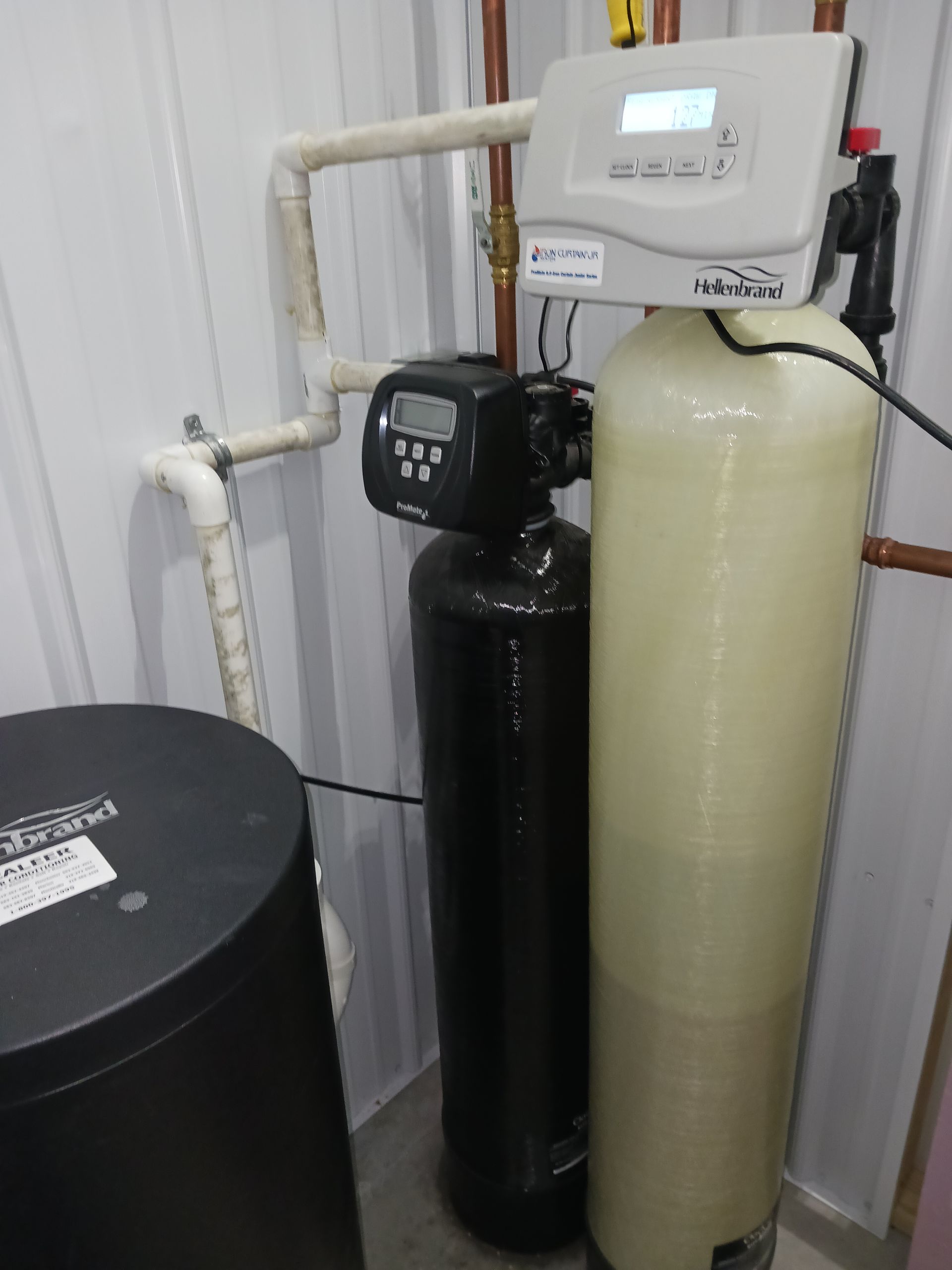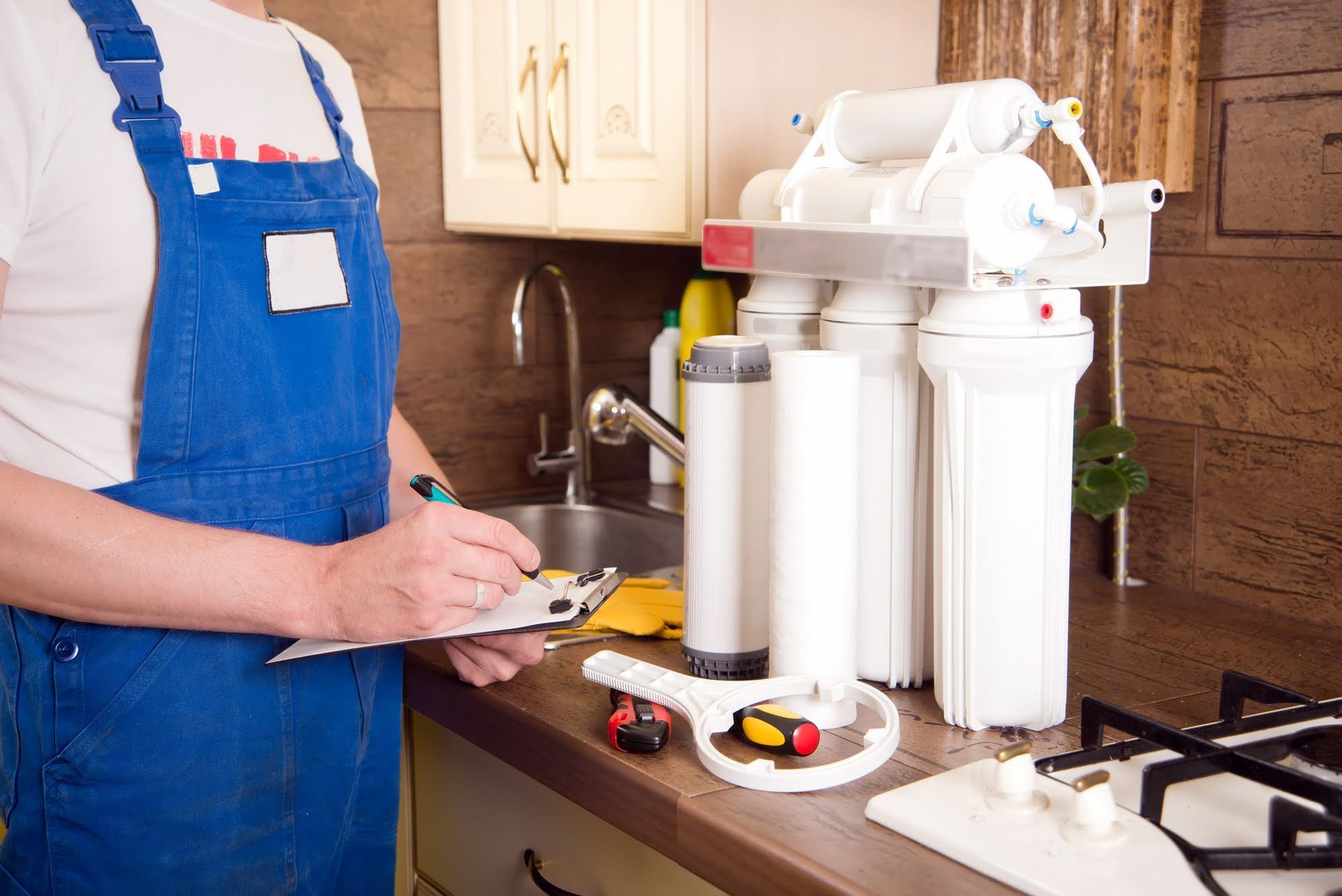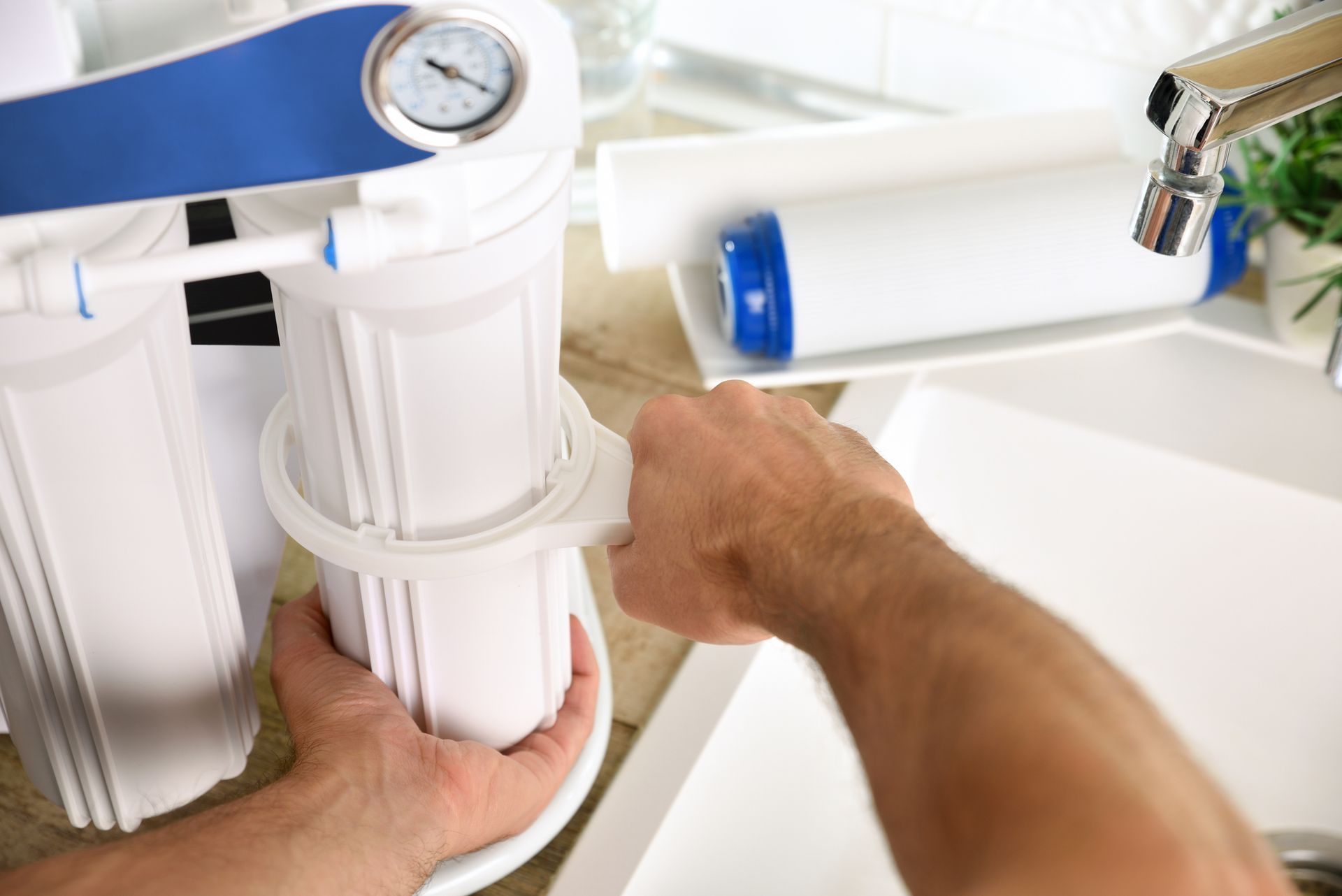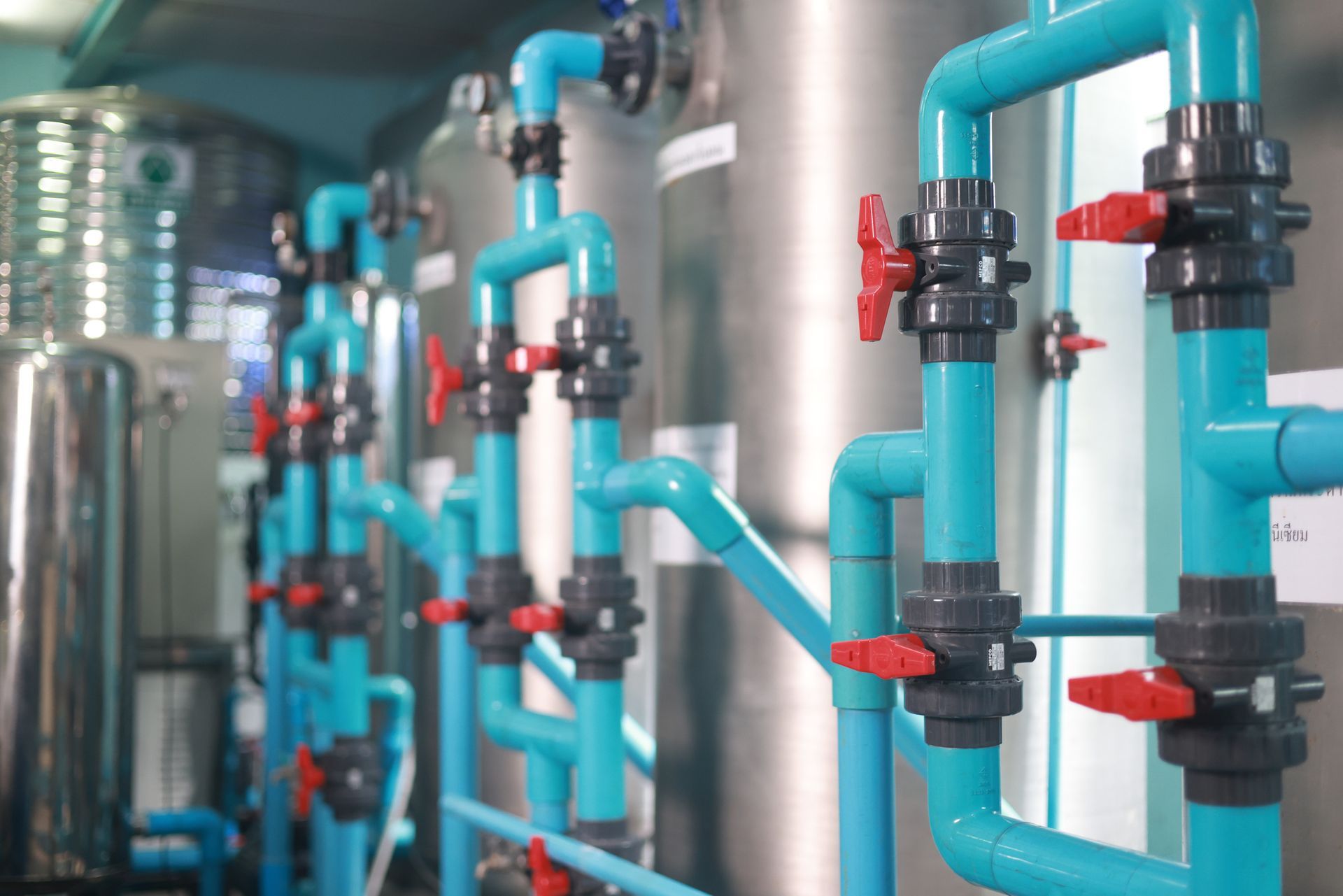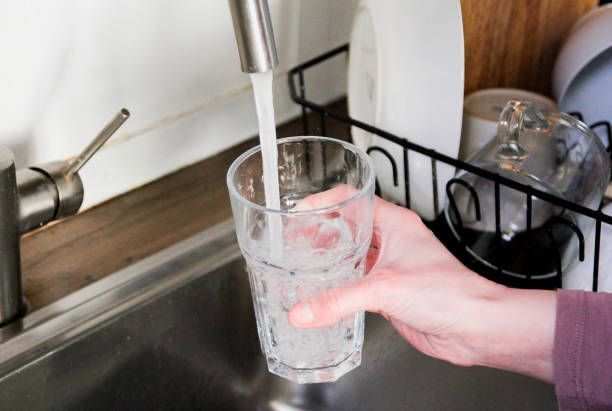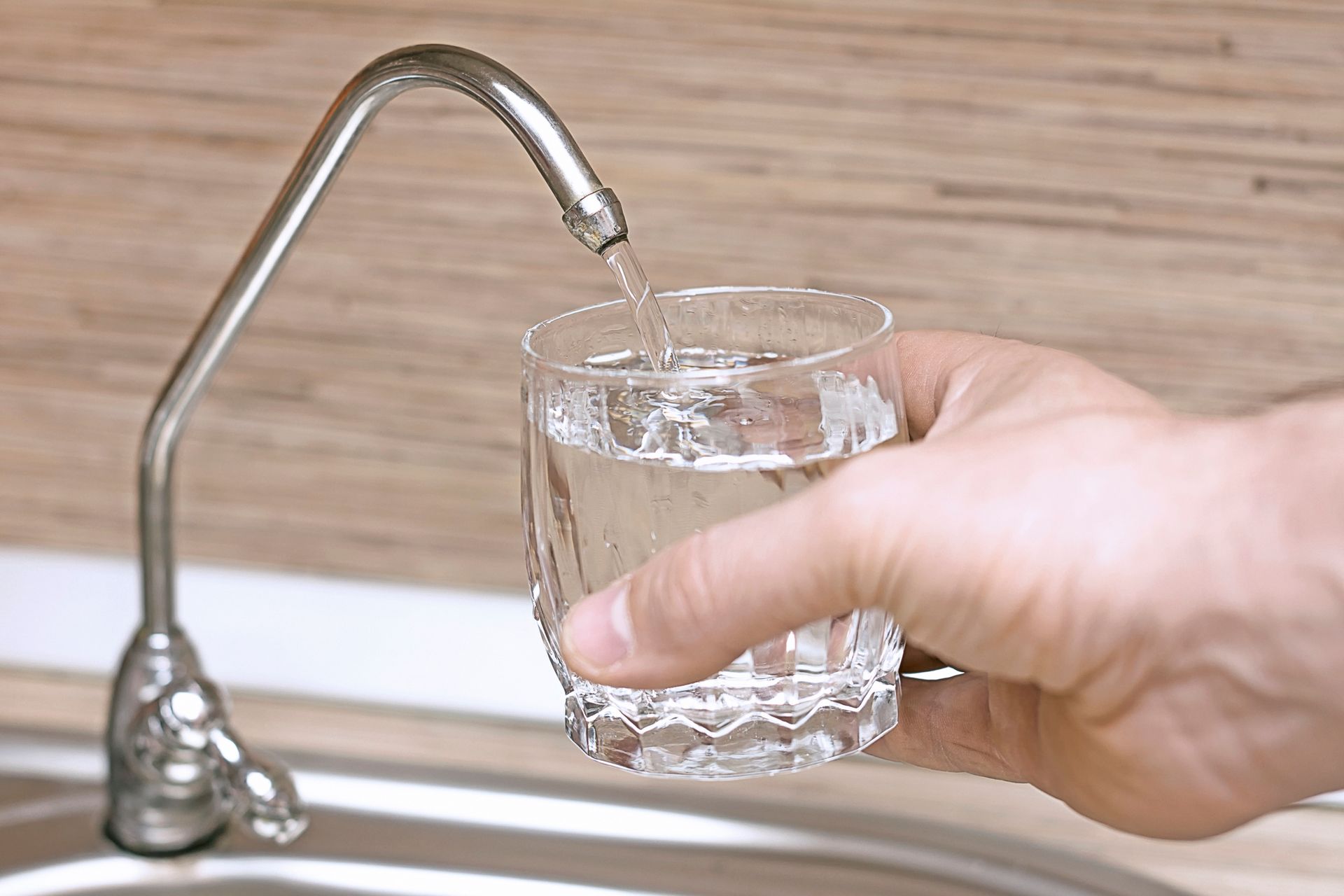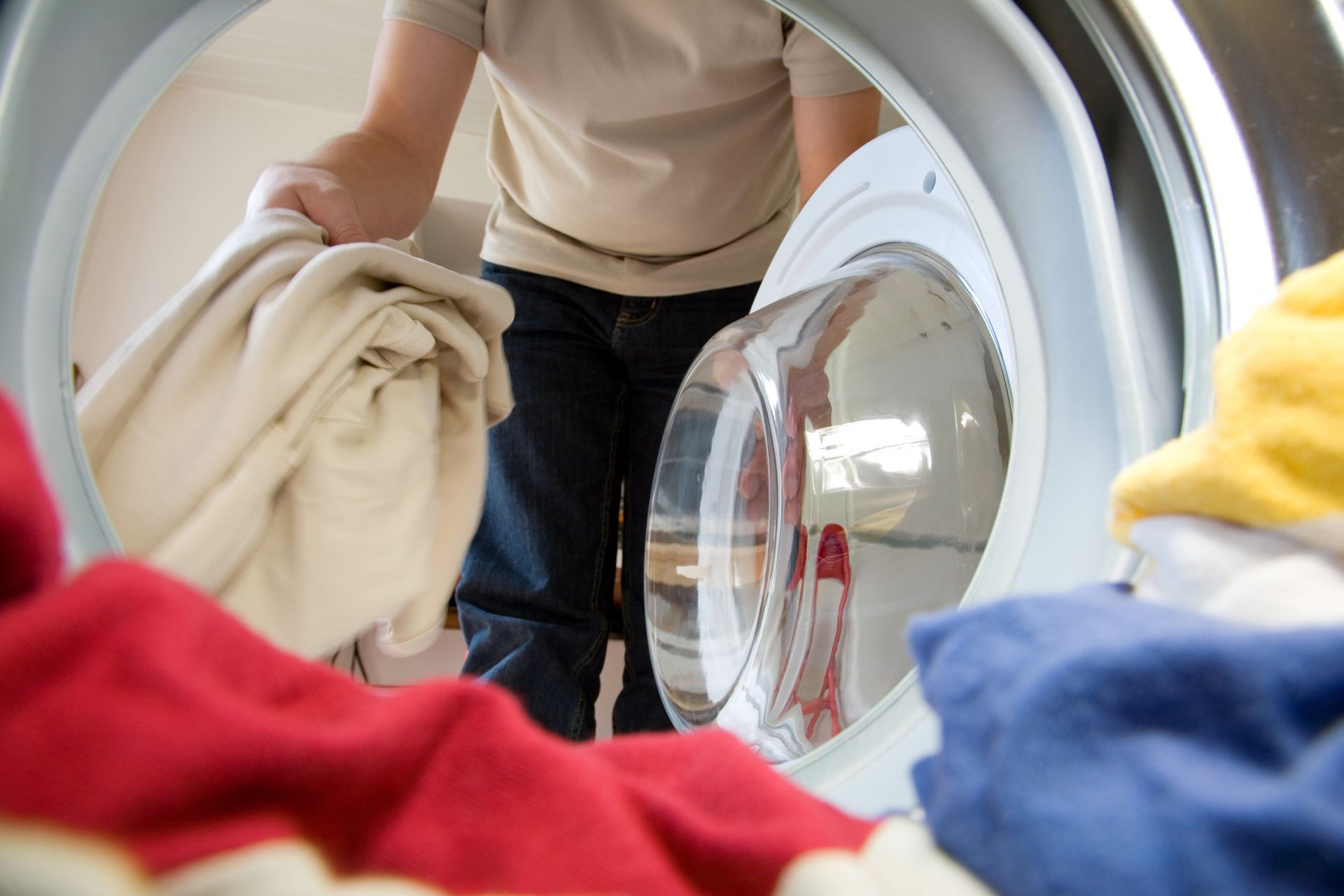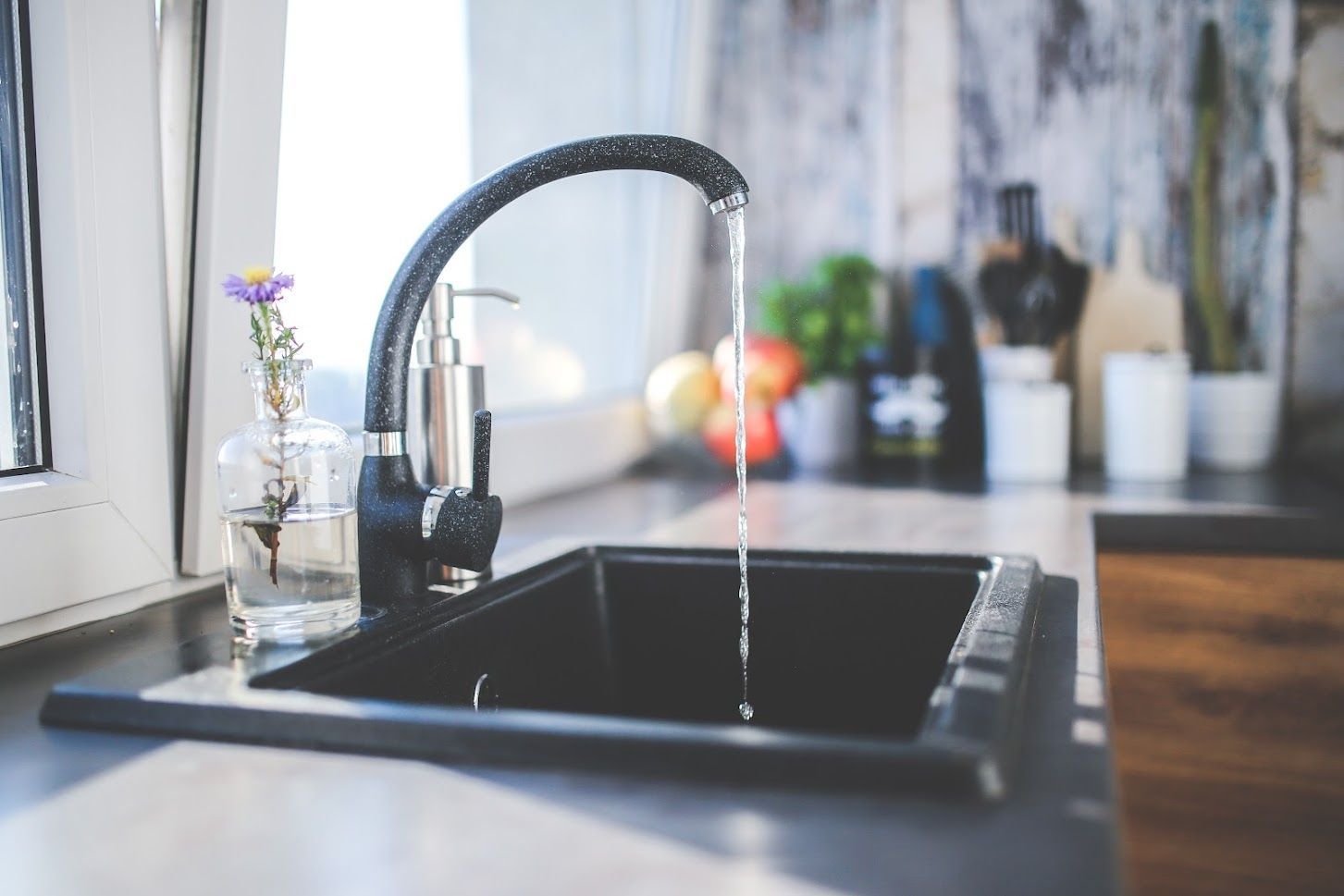5 Reasons Why You Need Smelly Water Removal Treatment Service?
Water quality problems can be frustrating for homeowners, especially when they manifest as unpleasant odors that affect daily life. If you're experiencing issues with smelly water removal in Delaware, IA, you're dealing with a common issue that impacts many private well owners in the region. Water odor removal is not just about improving the smell—it's about ensuring your water is safe, clean, and pleasant to use. Understanding why your water smells bad is the first step toward finding an effective solution.
5 Reasons You Need Smelly Water Removal:
1. Hydrogen Sulfide Gas Creates That Classic “Rotten Egg” Smell
The most recognizable water odor issue is the strong "rotten egg" smell, typically caused by hydrogen sulfide gas. This colorless gas occurs naturally in groundwater when sulfate-reducing bacteria break down organic matter or when chemical reactions occur between sulfur minerals and the water. In Delaware, where groundwater sources can contain varying mineral compositions, hydrogen sulfide presence is not uncommon. Low concentrations may only produce a slight odor, while higher levels create an overwhelming stench that makes water unusable. Beyond the offensive smell, hydrogen sulfide can corrode metal plumbing fixtures, discolor silverware, and potentially stain laundry. The gas can be present throughout your water system or isolated to hot water only, depending on its source. Professional water treatment systems designed for smelly water removal often focus on oxidizing hydrogen sulfide so it can be filtered out effectively.
2. Iron Bacteria Generate Musty and Oily Odors
Iron bacteria represent another significant cause of water odors, particularly in areas with iron-rich groundwater. These microorganisms thrive in environments containing iron and can produce a range of unpleasant smells, including musty, swampy, or oily odors. Unlike simple mineral contamination, iron bacteria create slimy deposits that can clog plumbing systems and create persistent odor problems. The bacteria consume dissolved iron and produce iron oxide deposits, which appear as reddish-brown slime in toilets, sinks, and water heaters. Water odor removal becomes particularly challenging with iron bacteria because standard filtration methods typically prove insufficient. These organisms can colonize deep within well systems, making complete elimination difficult without professional intervention and smelly water removal. Treatment typically requires specialized equipment designed for iron and odor removal, combining physical filtration with chemical treatment to eliminate bacterial colonies effectively.
3. Sewage or Chemical Contamination Poses Serious Health Risks
Perhaps the most concerning water odor issues involve sewage-like or chemical odors, indicating potential contamination from septic systems, agricultural runoff, or industrial pollutants. These smells often resemble ammonia, bleach, or harsh chemicals and require immediate attention due to potential health implications. In Delaware, aging infrastructure or nearby agricultural activities can contribute to these contamination sources. Water testing becomes crucial when detecting these odors, as they may indicate the presence of harmful bacteria, nitrates, or other dangerous contaminants. Professional water odor removal services in Delaware, IA, should include comprehensive testing protocols to identify all potential contaminants. Treatment systems for these issues frequently involve multiple stages, including sediment filtration, activated carbon treatment, and disinfection to ensure complete contaminant and smelly water removal.
4. Chlorine and Disinfection Byproducts Create Chemical Odors
While chlorine disinfection is essential for water safety, excessive chlorine levels or reactions with organic matter can produce unpleasant chemical odors. Many homeowners report strong chlorine smells in their tap water, especially during periods of increased treatment or after water main repairs. Additionally, chlorine can react with naturally occurring organic compounds to form disinfection byproducts, which may contribute to off-putting tastes and smells. These chemical odors can be particularly noticeable in hot water, as heating increases the volatility of these compounds. Smelly water removal strategies in Delaware, IA, for chlorine-related issues typically involve activated carbon filtration systems, which effectively adsorb chlorine and many disinfection byproducts. However, it's important to balance odor removal with maintaining adequate disinfection levels to prevent bacterial growth in the distribution system.
5. Algae and Decomposing Organic Matter Introduce Earthy Smells
Surface water sources or wells with inadequate sealing can become contaminated with algae and decomposing organic matter, introducing earthy, musty, or fishy odors into the water supply. These biological contaminants can flourish during warm weather periods or when wellheads are not properly protected from surface runoff. The compounds responsible for these odors, such as geosmin and 2-methylisoborneol, are produced by certain algae and bacteria and can be detected at extremely low concentrations. Smelly water removal for organic matter contamination often requires specialized treatment approaches, including advanced oxidation processes or biological filtration systems. These treatments target the specific organic compounds responsible for the odors while preserving water quality.
Professional Water Treatment for Effective Odor Elimination
Addressing water odor problems effectively requires proper identification of the contaminant and implementation of appropriate treatment technologies. Professional water conditioning systems are specifically designed to target the contaminants causing these odors while maintaining overall water quality. Advanced oxidation processes, aeration systems, and specialized filtration media are commonly employed for hydrogen sulfide removal in Delaware, IA, homes. These smelly water removal systems work by either oxidizing the gas for easy filtration or stripping it from the water entirely. For iron bacteria issues, comprehensive treatment regularly involves both physical removal through filtration and chemical treatment to eliminate bacterial colonies throughout the water system.
The ProMate 1 Series water conditioning system represents an essential component of comprehensive water treatment for homes in Delaware, IA. This system is engineered to remove calcium, magnesium, and other hardness minerals that contribute to scale buildup and can exacerbate odor issues. By softening the water, the ProMate 1 helps extend the life of water-using appliances, protects pipes and plumbing fixtures from scale damage, and creates cleaner, stain-free sinks, tubs, and showers. The system contributes to overall water quality improvement, making it an important element in a complete water treatment strategy. Homeowners benefit from whiter, brighter clothing and reduced soap and water usage—saving up to 70% on cleaning products through effective hard water removal. When integrated with other treatment technologies for iron and odor removal, the ProMate 1 Series provides a dependable foundation for comprehensive water conditioning.
Maintaining Long-Term Water Quality Solutions
Investing in proper water treatment equipment ensures long-term water quality, protects plumbing systems from corrosive contaminants, and maintains property value. Regular maintenance and monitoring are essential components of any water treatment system, ensuring continued effectiveness and preventing odor problems from recurring. Professional water treatment providers in Delaware, IA, understand the unique water quality challenges faced by private well owners and can provide customized solutions for effective water odor removal. Regular water testing, system monitoring, and component replacement are crucial for maintaining optimal performance and ensuring your investment for smelly water removal continues to provide clean, odor-free water for years to come.
We Take Action Against Water Odor Problems
If you're experiencing persistent water odors, consider consulting with local water treatment professionals who understand regional water quality challenges and can provide effective, long-term solutions and smelly water removal for your specific situation in Delaware, IA. Don't continue consuming foul-smelling water—call McAleer Water Conditioning at 1-319-462-4497 for expert water analysis and treatment recommendations tailored to your home's needs.
